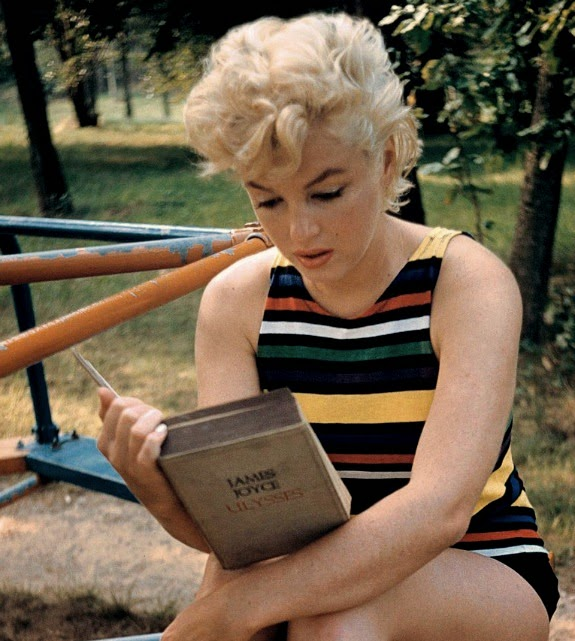It's 5am on Saturday morning, I just woke up, and I'm probably still slightly drunk, and the cats are delighted to see me. My cats love it when I wake up early and allow them into the bedroom for cuddles (I have a strict no-cats policy during deep sleep).
Unfortunately, while the cats are licking my face and demanding cuddles, the Facebook updates on my phone was heartbreaking news,
Edana’s partner, Heather, and all the family are so sorry to have to tell you of Edana’s untimely death, late on Wednesday night, here in her beloved Liguria. Edana asked us to respect her privacy in dealing with her devastating cancer diagnosis, so we know that this will be a shock to many of you. Edana would have wanted you to remember her as we all do: the passionate, vivacious woman of style, love, joy, song, curiosity and furious politics. For those in Italy, the funeral will be held in Pugliola tomorrow, Saturday 16th July at 11am, at La Chiesa Parrocchiale di Santa Lucia in Pugliola, and afterwards at the Narbostro cemetery.
Two weeks have now passed, and I still feel a sense of mourning for Edana and another lost connection to Brighton's Rainbow Chorus, an LGBTQIA+ choir still going strongly.
Although I didn't know that Edana well, I felt a strong affinity to her. We had been Facebook friends for over 15 years, and we occasionally chatted, but in 2010 I moved from Brighton to Amsterdam, and I hadn't seen Edana in person for a very long time.
I knew Edana through choir, Brighton Rainbow Chorus, both Edana and I joined when the choir was relatively small (rehearsals with 5-10 people) and overtime it grew until the typical rehearsal was 20-30.
I was fortunate I first got know Edana as a fun-loving, friendly, vivacious lesbian with a great jazz voice. She had such a beautiful singing voice. It was only quite a lot later that I learnt she was from a "famous family" (two of her brothers are famous movie directors/producers?).
Her sister is also a famous Anglican and OBE, she also gave this great interview to Church Times:
Loretta Minghella became the First Church Estates Commissioner in November 2017, succeeding Sir Andreas Whittam Smith.
Before arriving at Church House, she was chief executive of Christian Aid for seven and a half years, and before that, she headed up the Financial Services Compensation Scheme, a job she says got “very rocky indeed” when the 2008 financial crisis hit.
Our Editor Paul Handley spoke to Loretta Minghella about how her experience prepared her for this latest role, and how the Commissioners are pressuring companies to improve their record on climate change and executive pay, among other things.
https://soundcloud.com/user-632063010/loretta-minghella-first-church-estates-commissioner-ep-51
I vividly remember listening to this about 5 years ago and being soo impressed with Loretta, plus a brilliant interview with Paul Handley.
I was looking forward to meeting Edana again and telling her about my progress with singing (I've been having lessons for about 5 years now, which has been worth every penny i.e. I love singing. I also wanted to tell Edana about my admiration for her sister.
The last time I saw Edana perform was a memorable occasion in the upper room The Grand Central, Brighton (the closest pub in Brighton Station); not a very grand venue but it was a lot of fun.
It was an off-beat cabaret, foreshadowing the upcoming era of Tory austerity portraited in a perverse SM style. I believe Edwina both wrote and performed all the music, so was not prancing around in SM gear. My only disappointment is that I did get to hear Edwina sing on that occasion.
Over the last two weeks, I've also been thinking about Glenn: a very accomplished musician and quite often the accompanists (piano) for the Rainbow Chorus. Glenn passed away a few of years ago - equally heartbreaking.
I watched Glen perform on many occasions in the UK and in Greece. He was a sensitive accompanist and wonderful pianist with a particular passion for Rachmaninov.
A little over nine years ago, Glen and I met through our mutual friend the composer Matthew Pollard. Matt and I were collaborating on a project that was to become This Concert Will Fall In Love With You — later recorded with additional material as the CD Clameur and Glen was Matt’s first choice to play piano. Matt and Glen had were old friends, performing together in the Tacet Ensemble and The Rainbow Chorus for example.
RIP Edana and Glenn and long live the Rainbow Chorus!















